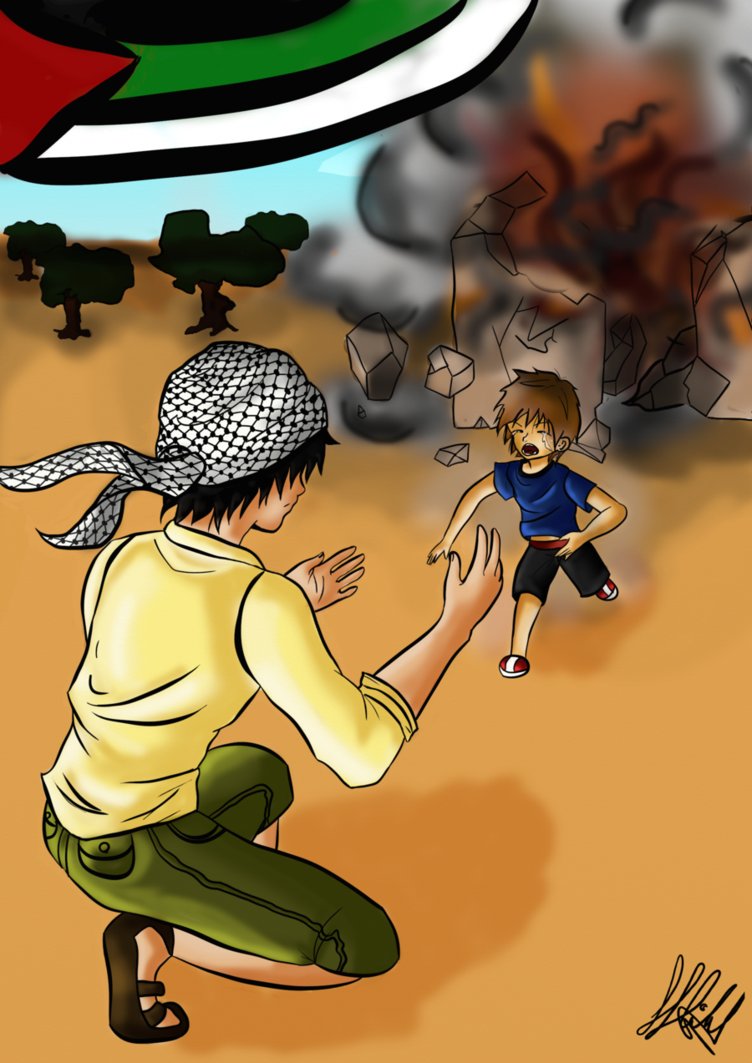
At Least, Save Children by Fidia95
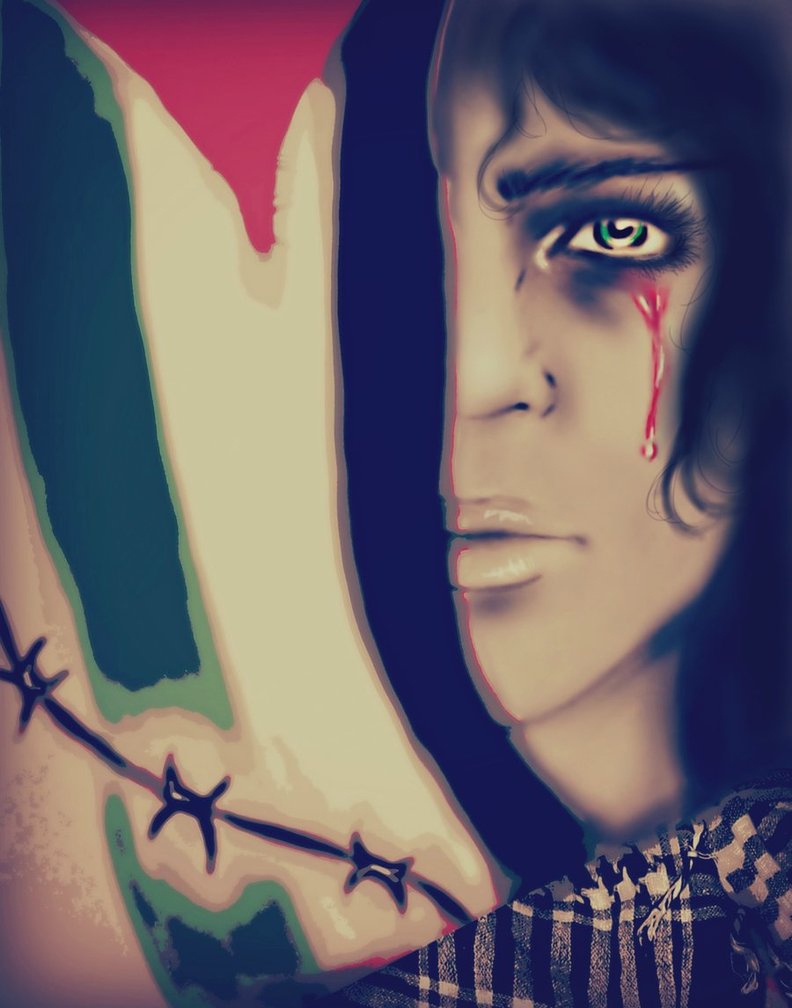
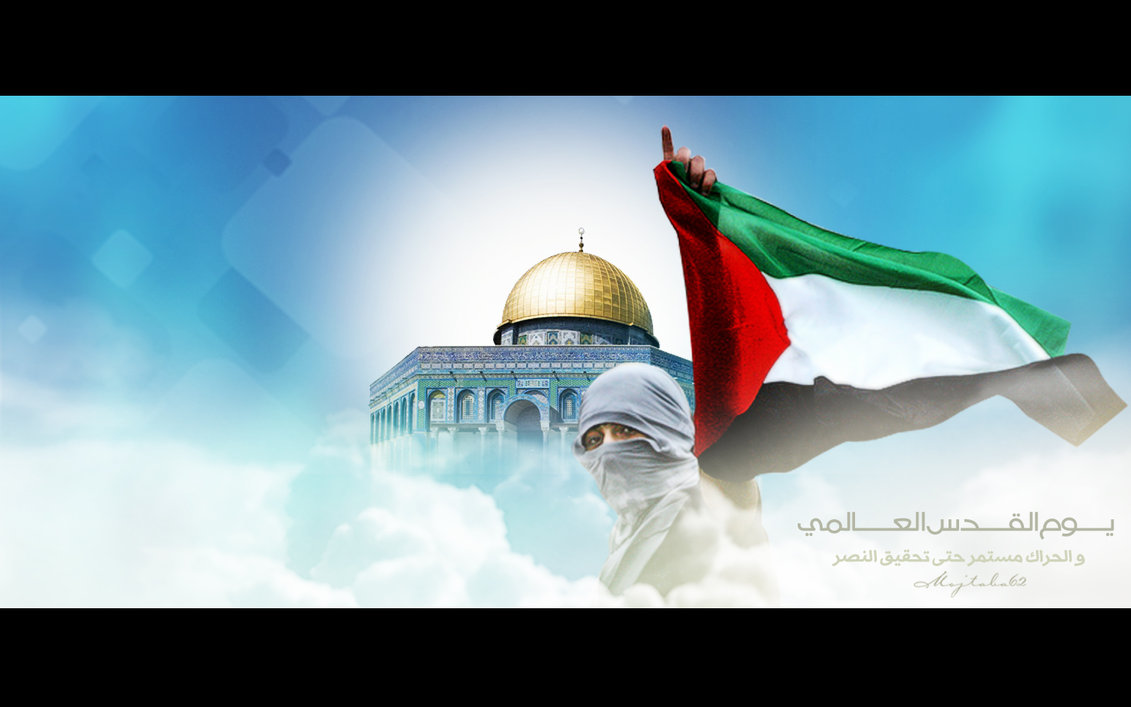

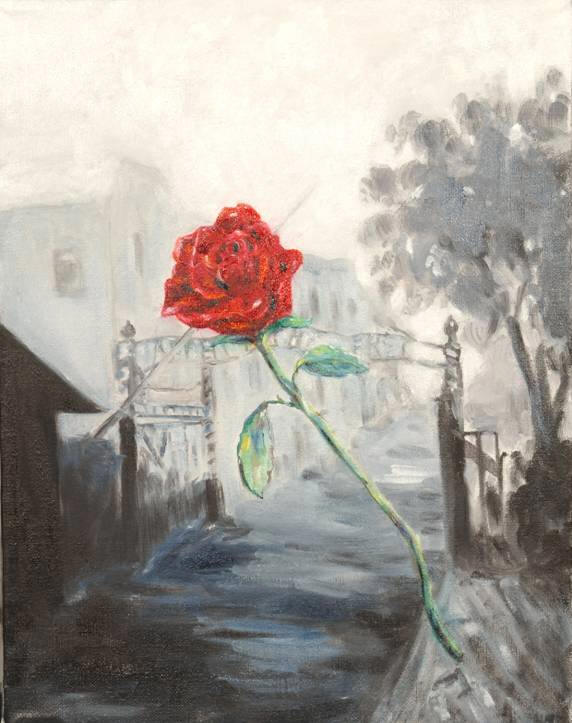
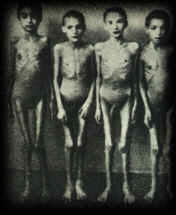
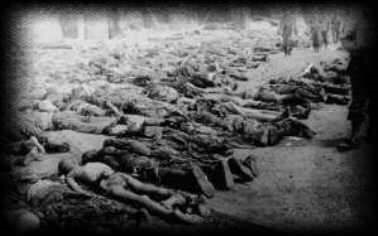
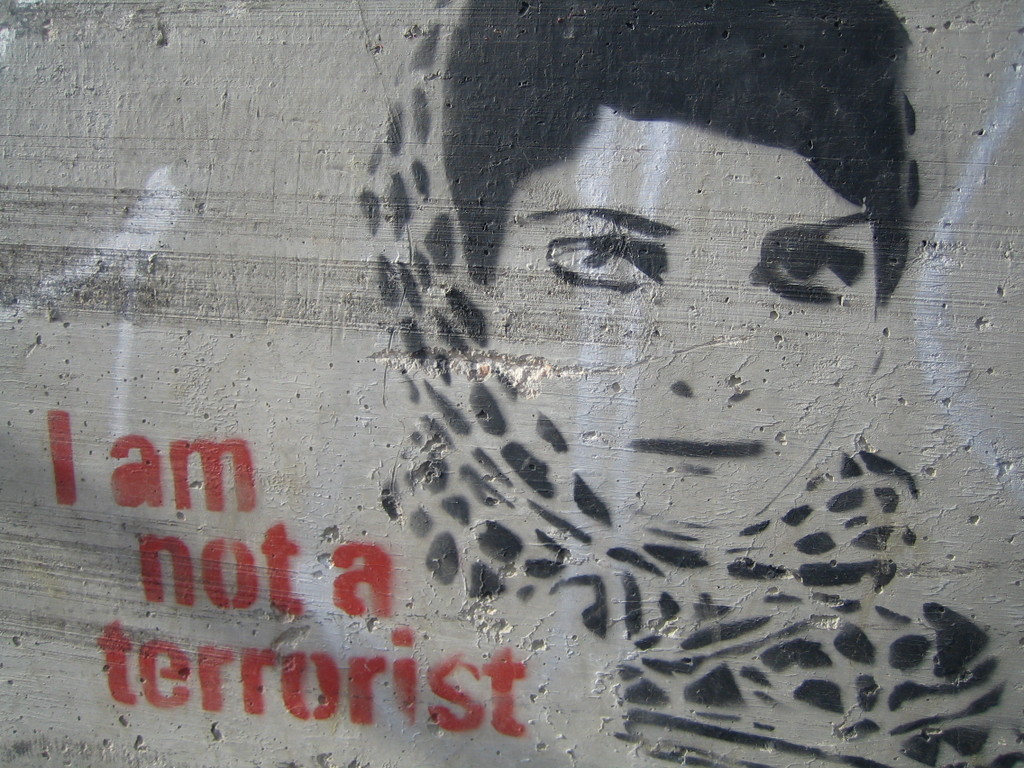
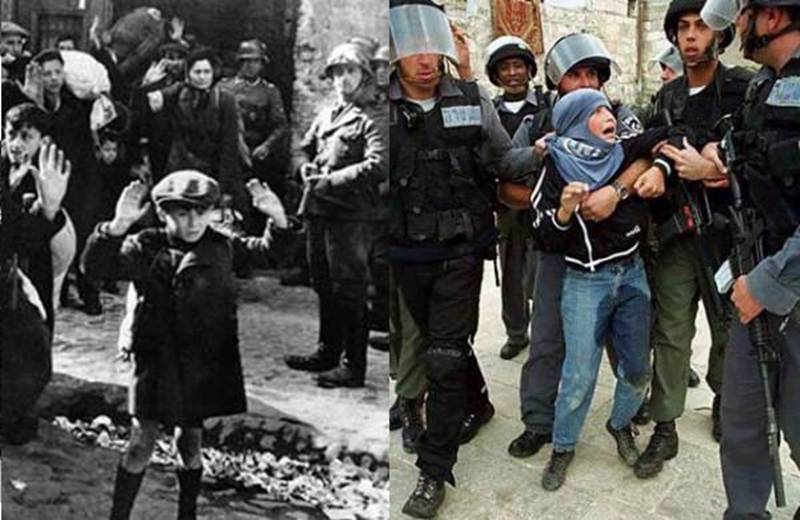
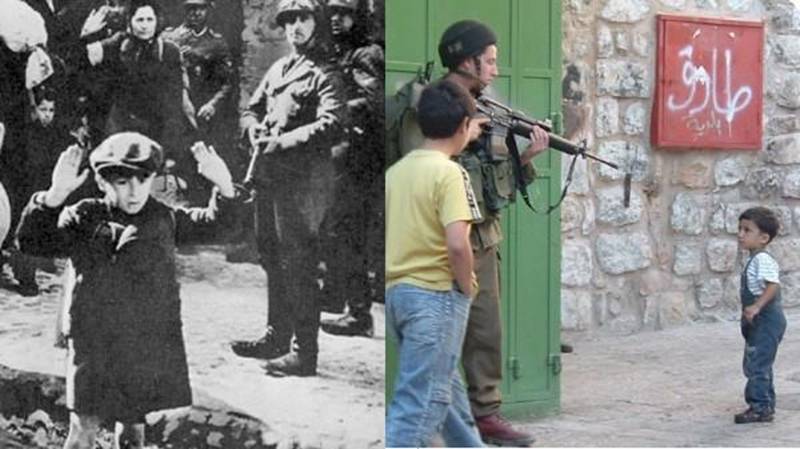
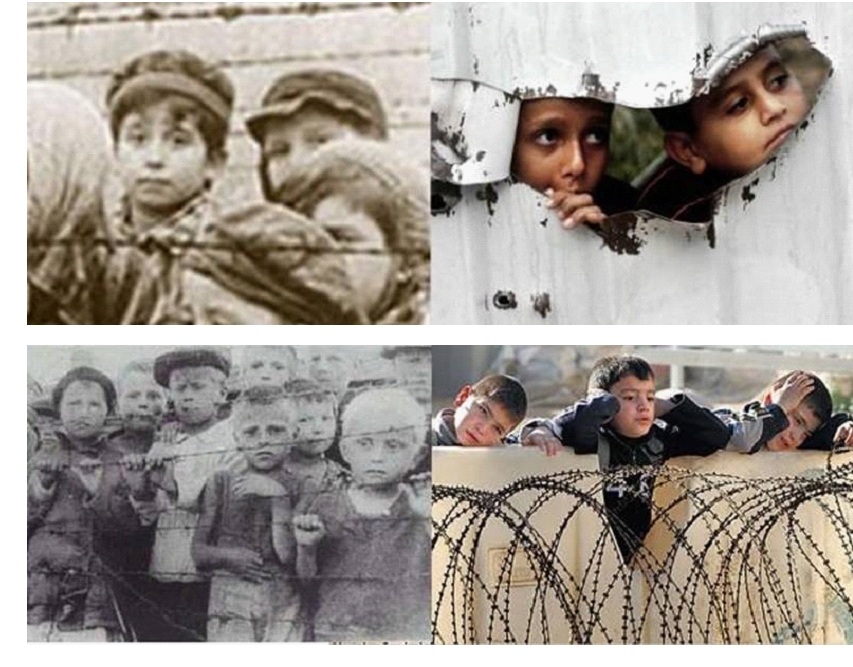
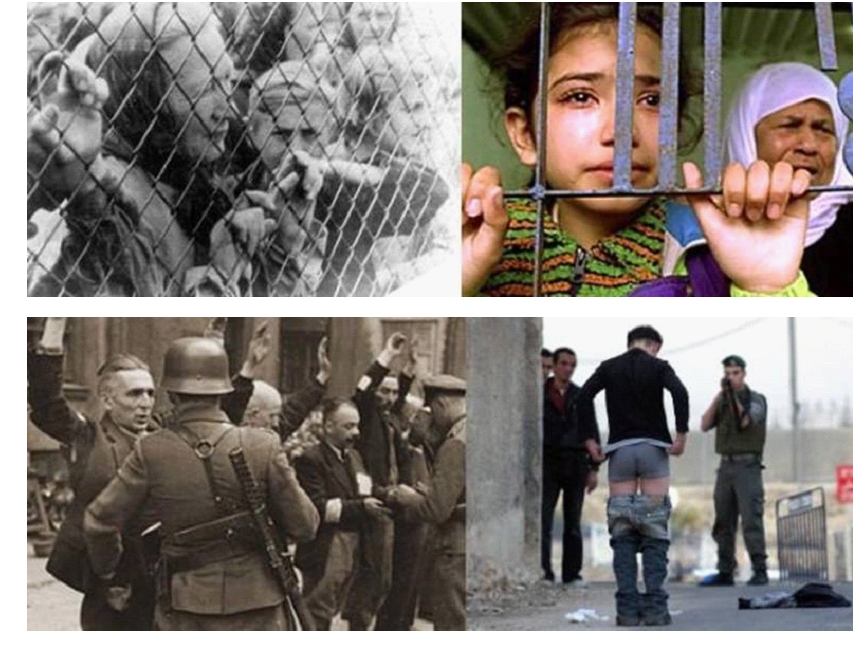
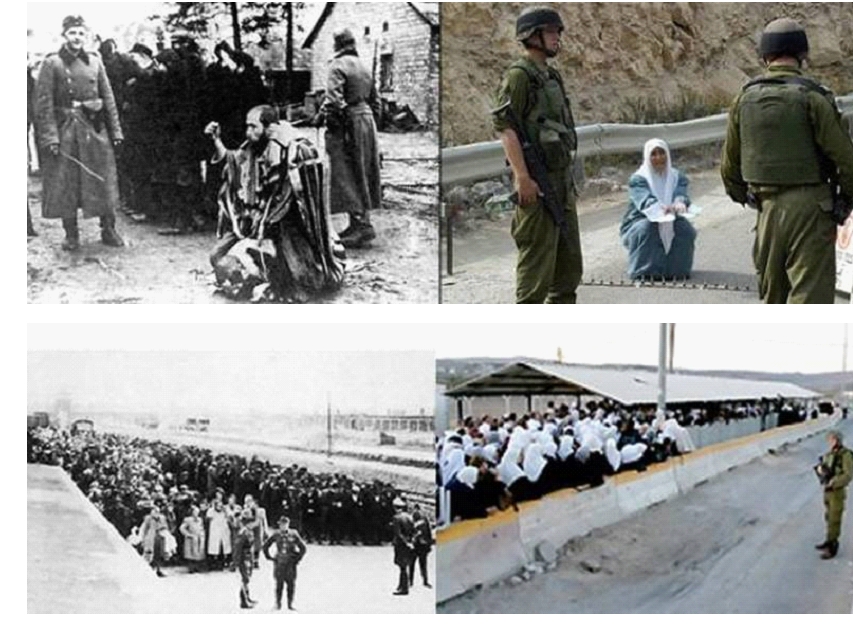
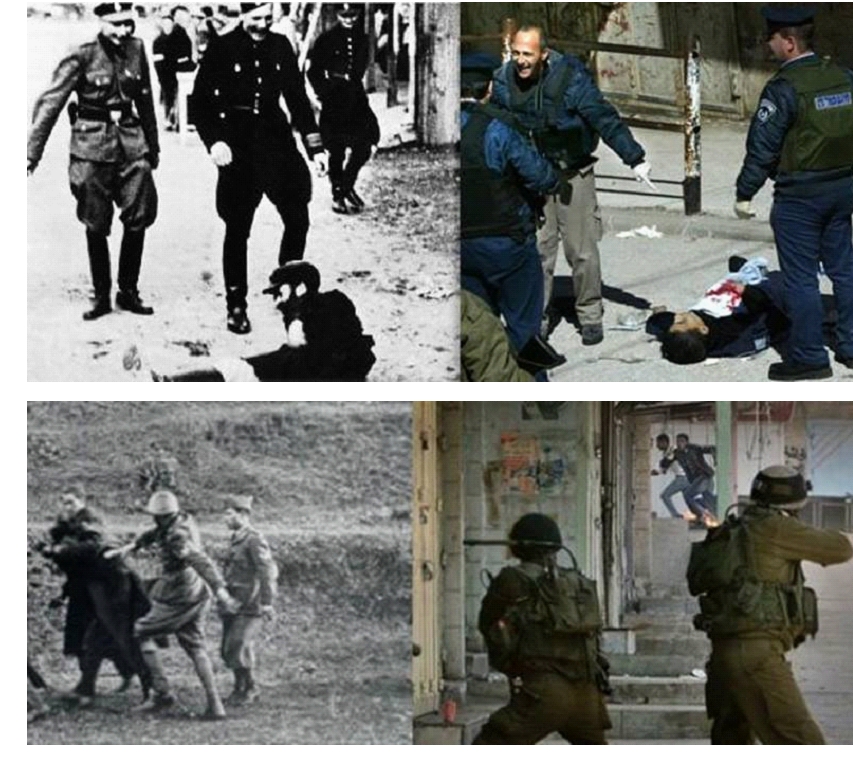
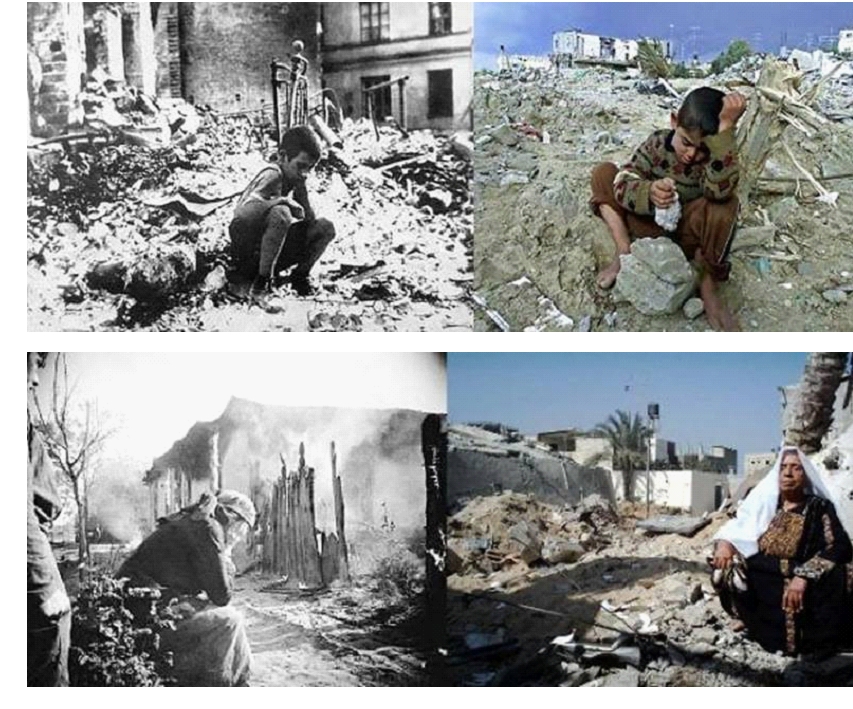
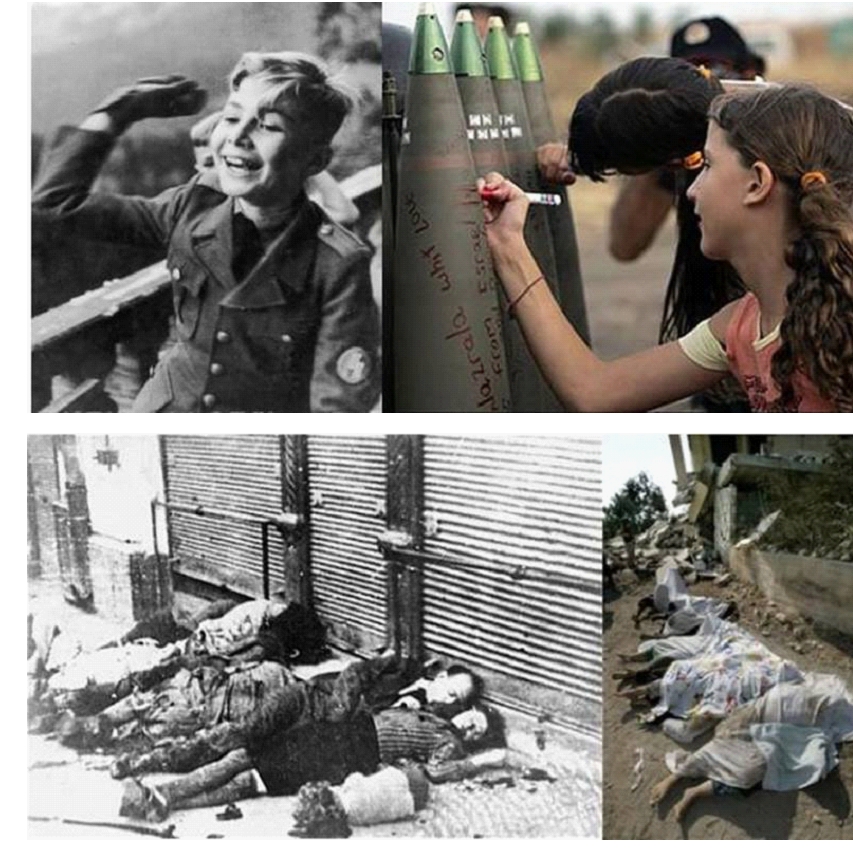
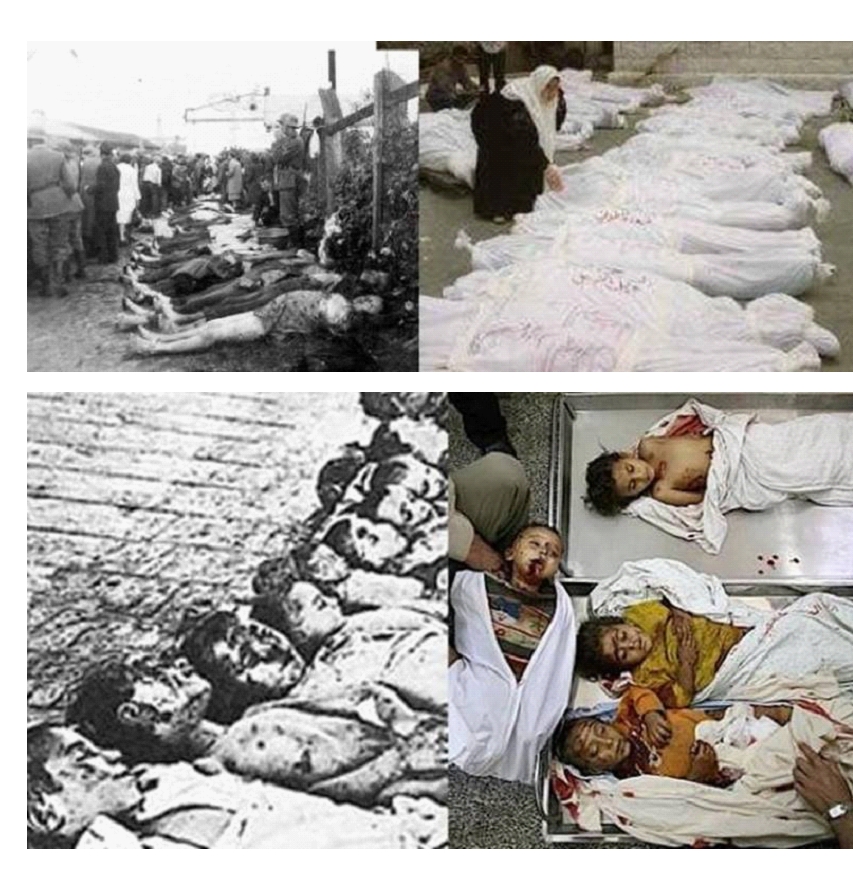
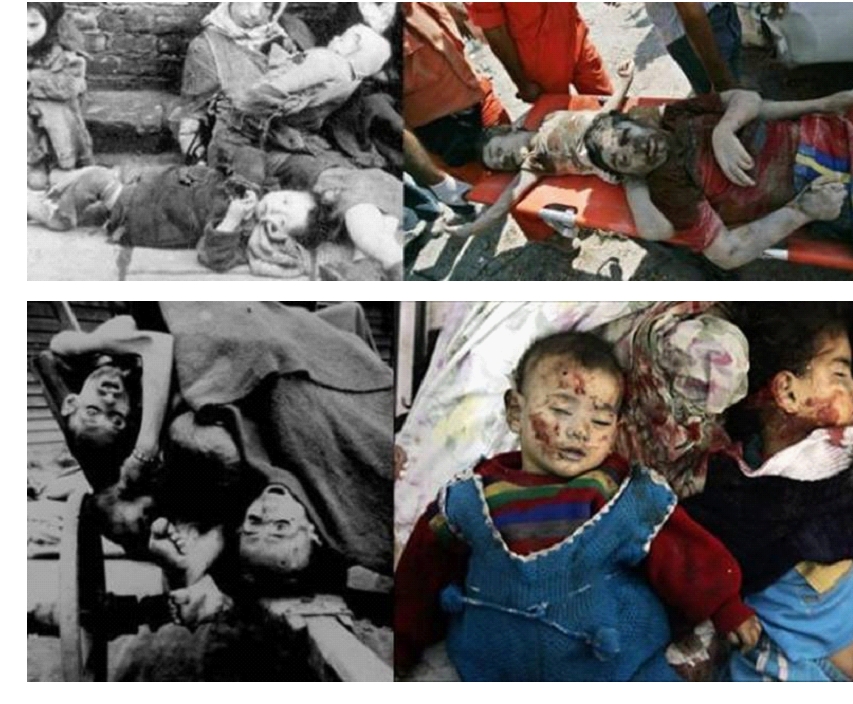
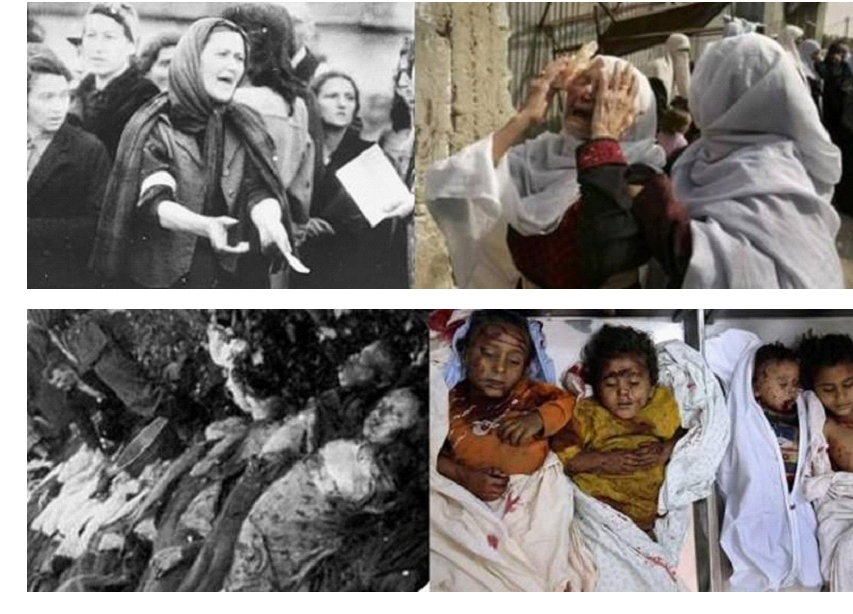
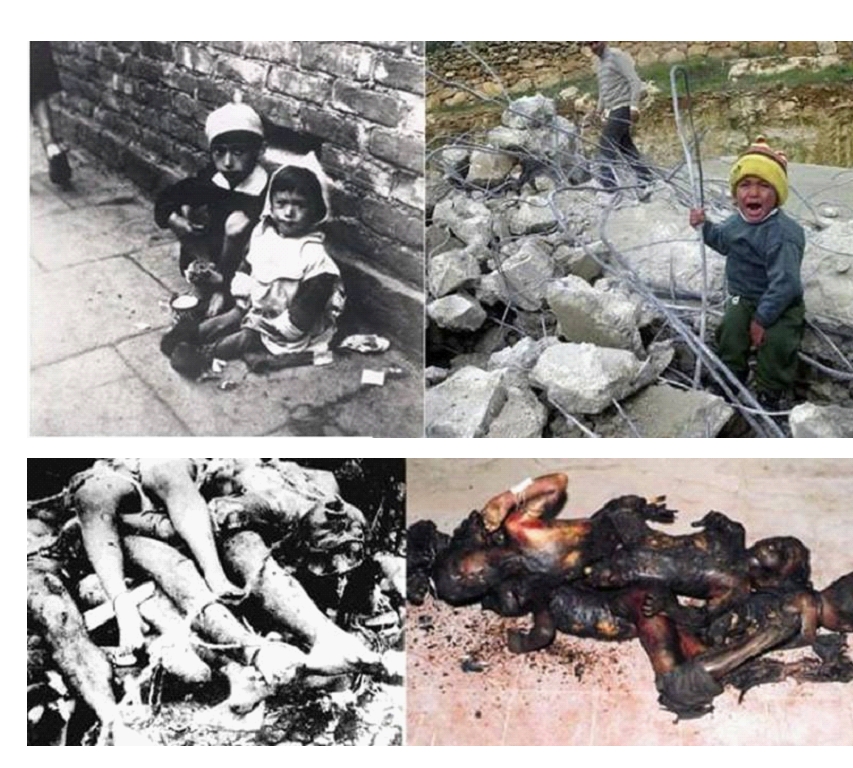
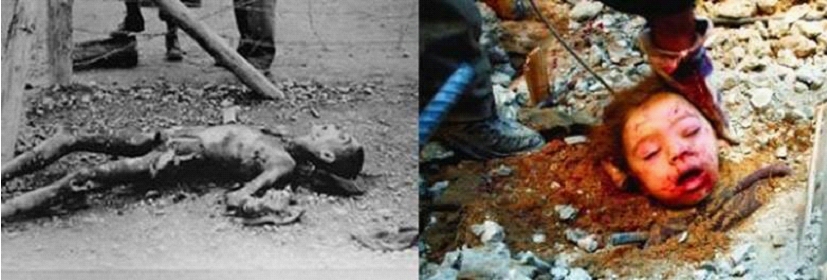
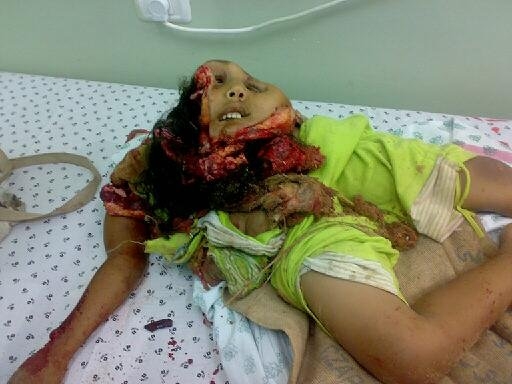
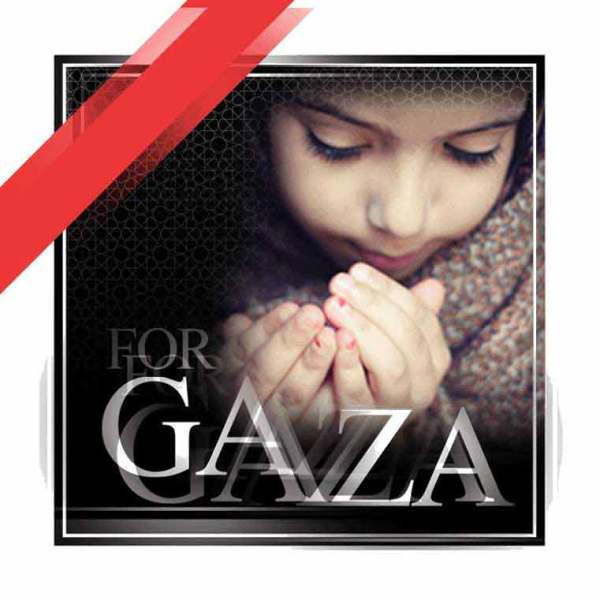
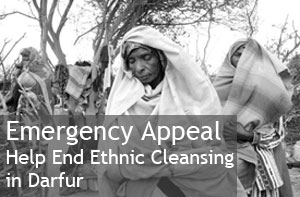

Darfur (Jesus Wept)
by William F. DeVault
Half a million dead in Darfur, in the Sudan.
100 times the innocents who died on 9/11.
Children. Women. Men. Genocide.
Wake up and see.
Wake up and see.
Wake up and see why
Jesus wept.
The rains didn't come
the sounds of the drums
the death knell kept.
Jesus wept.
Over the burning sands
the killing commands
of the warlords swept.
Jesus wept.
It should be true
that the evils evil men do
we cannot accept.
Jesus wept.
The slaughter rained on
as in the blistering dawn
the sun, the horizon, leapt.
Jesus wept.
Half a million women and children and sons and daughters
fall to the hate, their fate as wormfood for the slaughters.
Since when are 100 black babies worth less than one white businessman
in the eyes and lies of people who claim to be, to see, without sin?
Wake up and see.
Wake up and see.
Wake up and see why
Jesus wept.
Copyright by William F. DeVault; all rights reserved. You can
hear William F. DeVault perform "Darfur (Jesus Wept)" with his band, The
Gods of Love, by clicking
here.
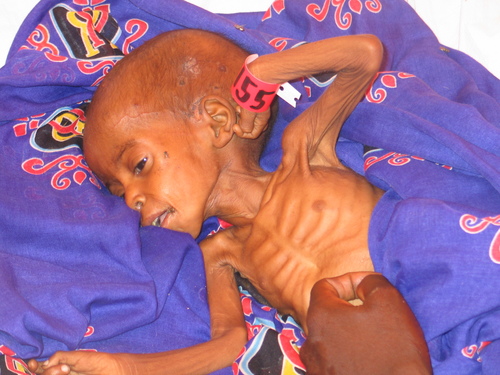
You Who Read No Calm
by T. Merrill
You, who read no calm reportings
Of alien, distant, dire events,
But shriek and keen as loves go down
Beyond all help, to violence;
Whose temple's walls, stormstruck and split
By sizzling bolts collapse around,
While mid the crash of chaos hope
Whirls in a death-spin to the ground;
You, who alone in deep distress
Cry out for help where there is none,
All you whom I shall never know:
I know a portion nonetheless
Of cruel trials you undergo.
Killers in many guises come:
Sudden as electric shock
Or looming ghostly as a shark
Leisurely finning toward its mark.
I who breathless and sweating once
Wrestled a devil to the floor,
And saw him rise again when he
Finished what he began before,
I who re-learned each childhood prayer
Forgotten, to the stars once more
Send up a poor and hopeless plea
For spirit's peace beyond despair.
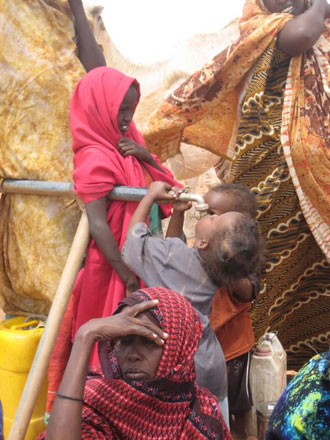
Tears of Darfur
by Mahnaz Badihian
O tired land
O depressed sky of Darfur
O plain of no breath
You are bleeding from all corners
Of your dreams
The bosom of your land
Weeps the bitterness of blood
O tearful Darfur,
Can your hungry hands
One day cultivate those
Dry, sad roots, left from
The countless bones
Of your children
Can your simple dreams
Of having a
Loaf of bread and a roof above
Come through?
Maybe,
Maybe one day
Those broken wings
Will heal
With the caressing hands
Of peace
We the people of the world
With our tearful eyes
Waiting on the day that
Acacias will bloom
On the lands where
The dream of innocence pours
On these hopeless days
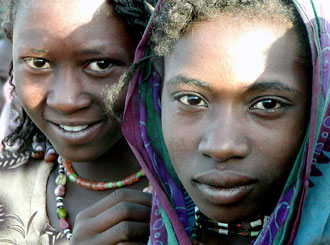
War Metaphysics for a Sudanese Girl
Adrie Kusserow
I leave the camp, unable to breathe,
me Freud girl, after her interior,
she Lost Girl, after my purse,
her face:
dark as eggplant,
her gaze:
unpinnable, untraceable,
floating, open, defying the gravity
I was told keeps pain in place.
Maybe trauma doesn't harden,
packed, tight as sediment at the bottom of her psyche,
dry and cracked as the desert she crossed,
maybe memory doesn't stalk her
with its bulging eyes.
Once inside the body
does war move up or down,
maybe the body pisses it out,
maybe it dissipates, like sweat and fog
under the heat of a colonial God,
and in America, maybe it flavors dull muzungu lives,
each refugee a bouillon cube of horror.
Maybe war can't be soaked up
by humans alone,
the way the rains in Sudan
move across the land,
drenching the ground, animals, camps, sky,
no end to its roaming
until further out, among the planets,
a stubborn galaxy finally mops it up,
and it sits, hushed,
red, sober,
and below, the humans in the north
with their penchant for denial,
naming it aurora borealis.
*Muzungu means "white person" in many Bantu languages of east, central and
South Africa
Milk
Adrie Kusserow
Sudanese Refugee Camp, Northwest Uganda
I.
Our drivers gun insanely over the dusty, red roads,
lurching from pothole to pothole.
Caravan of slick, adrenalized vans,
tattooed with symbols of western aid,
Will on my lap, trying to nurse between bumps,
my hands a helmet to his bobbing skull.
A three-legged goat hobbles to the side
and though we imagine we are a huge interruption,
women balancing jeri cans on their heads, face our wake
of dust and rage as they would any other gust of wind—
Water, sun, NGO.
We arrive covered in orange dust, coughing,
fleet of SUVs parked under the trees,
engines cooling, Star Trekkian cockpits flashing,
alarms beeping and squawking as we zip-lock them up
and leave them black-windowed, self-contained as UFO's.
Behind the gate, we stumble through the boiling, shoulder deep sun,
Will and I trying to play soccer
as a trickle of Sudanese kids cross the road
hanging against the fence, watching the chubby Muzungu boy
I've toted around Africa like a pot of gold.
Three years old, he knows they're watching, so he does a little
dance,
his SpiderMan shoes lighting up as he kicks the ball.
II.
Part African bush, part Wild West,
we're based in Arua, grungy, dusty frontiertown,
giant dieseled trucks barrel through, spreading their wake of
adrenalin,
obese sacks of grain lying like walrus inside.
I chase Will from malarial puddle to puddle,
white blouse frilled like a gaudy gladiola,
lavish concern for my chubby son
suddenly rococo, absurd.
III.
7 foot giants of the SPLA, huddle together, drinking,
talking Dinka politics, repatriation, the New Sudan,
wives lanky as giraffes, set food on the table and disappear.
In candlelight the men's forehead scars gleam—
I flutter around them acting more deferential than I'm used to,
slowly I'm learning Sudanese grammar—
men, verbs, women, the conjunctions that link them together.
In the thick of rain we walk home,
Ugandans huddled under their makeshift bird cages,
Will now pointing to the basic vocabulary of this road—
dead snake, prickly bush, squealing pig, peeing child.
Three drunk men huddled at a shack
scrape the whiteness off us as we walk by.
Though I don't want to hear it,
though I love Africa,
it starts up anyway, the milky mother cells of my body high-fiving,
my mind quietly repeating the story of my son's lucky birth,
his rich American inheritance.
IV.
My husband drops into bed, dragging a thick cloak of requests.
All day, I've labored behind him, toting our clueless muzungu,
watching him, dogged Dutchman in his rubber clogs
climbing the soggy hills of Kampala, despite the noonday heat,
a posse of hopeful Lost Boys following him.
He, afraid of nothing, really; not even death,
me afraid of everything really, most of all his death.
In the distance, trucks rev up to cross the bush
where Sudanese families perched like kites caught in trees,
wait for the next shipment.
But it's night now,
the three of us inside the cloud chamber of our mosquito net,
the two of them breathing, safe.
Will's nursing again, though he doesn't need to,
swelling like a tick
and though I don't want to love
the sweet mists of our tiny tent home,
the lush wetlands of our lives,
its thick rope bridges and gentle Ugandan hills,
the fat claw of my heart rises up,
fertile, lucky, random
pulsing its victory song.
Mud
Adrie Kusserow
I.
The pond black and bulging,
ice storm ruins poking from the water
like the stiff feet of, dare I say, fallen soldiers.
Robert still in Sudan,
back in Vermont, the kids and I limp through two weeks of cold rain,
I drape Ana and Will in rain gear
watch the drunken tents run across the field.
Ana plunks her chubby toes into a fleet of tadpoles
cold mud sucking her foot into its mouth.
I drag the branches onto shore,
globs of frog eggs surface like transparent brains,
Ana cupping the dimpled jelly,
the dogs licking it like caviar.
Entranced, she squeezes it
until I tell her to stop
before she crushes the eggs.
I tell myself it's not quite violence but over eager love,
this lust with which they squeeze the living,
smearing the mud onto their own limbs.
But what of this blur
between awe and destruction,
love and violence?
At night, the peepers,
screaming themselves into existence.
Two frogs griplocked onto a female,
her flesh bulging between their swollen fingers.
"They're wrestling," I say, not wanting to reveal the darker side of their
mating.
I gingerly pry the males off, Will cheering,
Ana serious and methodic
until she finally dislodges the last one's grip with her twig
and they fall apart wriggling in the grass.
II.
The rains just started in Juba, south Sudan,
making travel, and maybe war, near impossible.
Still my husband pushes a saggy jeep for eight hours
through four feet of mud, a Sudanese boy
lying unconscious in the back seat.
The jeep rocking and lurching
on the only road cleared of mines
as my husband tries to inch it forward, this, his own labor of love,
like birth, like sex, something always tears,
his foot jammed with a thorn as he heaves and sinks
his toenail tearing off, until even he gives up
and forces them to turn back,
still 40 miles from Aliab, the whole village waiting for them,
caught in an outbreak of cholera,
its one river littered with rusty ammunition,
trucks large as elephants lying on their sides.
When Abraham, their Lost Boy,* came home after 18 years,
the elders sacrificed a white cow.
Jump over it, into peace, they cried
while the women tipped their thin necks back,
their whips of ululation uncoiling in the heat.
III.
The frogs, still wiggling on the grass,
Ana clutches the tan-pink female,
despite its eerie mask, she wants to take it home.
I tell her just one night,
then we'll let it go back to its real home—
but the next morning it's done the impossible,
jumped out of its three foot fortress.
I roam the rooms crazed, desperate to find it.
I do,
a day later, shrunken in the comer of the bathroom
but still breathing. I race it to the pond,
children confused behind me,
watch it sink, stunned, then lethargically swim away,
still dried and wrinkled, despite its immersion in water,
like Abraham, now more American than Sudanese,
sitting wide-eyed and stiff amidst the wailing and singing.
IV.
Robert home, worn out, but safe.
I take a walk to the pond and find—
a tan-pink frog, perhaps the same one,
floating in the water,
I can't tell if it's alive or dead.
I know how I came to be married to this man,
I followed him from country to country,
gripped him hard as the frogs—
Still he did not peel me off, as I have tried to do
with his over eager love, for this gangly, barren country of Sudan.
Who knows what will be torn next,
it's just what happens when you love the world
and you move blindly, but well intentioned,
amidst the irresistible mud.
*The "Lost Boys" refers to the 17,000 children in southern Sudan
who fled
their homes in 1987 seeking refuge from the civil war. They walked 1,000 miles
before they finally found protection in a Kenyan refugee camp, Kaukuma. By the
time they arrived there, half of the boys had died from starvation, thirst,
soldiers, lions and bandits. About 3,700 have recently been resettled in
America.
Darfur
by Michael R. Burch
Darfur,
I admit that my heart recoils
from the thought of your agony
as the hammering machine guns
yammer at your ebony
breast.
Darfur,
I am not equal to the task
of your impassioned soliloquy.
Darfur, I am pressed
hard to understand
why men molest
innocence
so violently.
Darfur, I confess—
I have watched you dying
silently.
Darfur, I would bless
you,
if only I knew
how.
Darfur,
I stand helpless,
naked before your indignation
now.
Darfur,
I have only my pen.
Let me wield it like a rapier,
set fire to this paper,
till the world in burning shreds
collapses on our heads
and we see your fate is ours
if we cannot change the course
of this world intent to maim
each man who’s not the "same"
in color and in creed.
And yet the blood you bleed,
as red as mine, demands
that we die holding hands.
O Darfur,
I’ll bleed too
when the ravenous jackals
are through
with you.
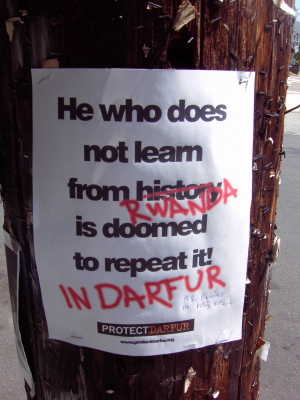
a Passover reflection, April 2006
Who knows one? One is the
Janjaweed militia cleansing Darfur
Who knows one? Two is the
stealing and killing of livestock
Who knows one? Three is the
poisoning of wells and the destruction of crops
Who knows one? Four is the
use of rape to destroy and humiliate families
Who knows one? Five is the
creation of two-and-a-half million people: displaced, hungry, susceptible to
disease
Who knows one? Six is the
over four hundred thousand people who have already died.
These and more are the
plagues of Darfur.
Who knows one?
I know one.
Send a postcard to President
Bush. Urge him to take leadership on this issue.
lo dayenu — but it is not
enough.
Who knows one?
I know one.
Encourage institutions to
hang Save Darfur banners outside their buildings.
lo dayenu — but it is not
enough.
Who knows one?
I know one.
Attend the rally in
Washington, DC on April 30th.
lo dayenu — but it is not
enough.
Who knows one?
I know one — Rwanda
Who knows one?
I know one — Bosnia
Who knows one?
I know one — Cambodia
There are too many ones.
And I am the child who does
not know how to count:
One. Two. Four hundred
thousand. Six million.
For six million are the lips
of our dead mouthing “never again” in eternal silence.
Who knows one? I know one.
For I am that one.
One person created in the
image of God.
It is for me alone to speak
out. I and no other.
Not a messenger, not a
congressperson, not a president.
I alone am here to tell the
tale.
Who knows one? I am that one.
And who knows — I may be the
one who will make the difference.
On the Propensity of the Human Species to Repeat Error
by Christina Pacosz
"And if they
kill others for being who they are
or where they are
Is this a law of history
or simply, what must change?"
—Adrienne
Rich
The world is round.
This should tell us
something, this should
have been our first clue
what goes around
comes around
Scientists are studying
a rent in the roof of sky
over the South Pole
right now but poets
need not adhere
to the caution
of the scientific method.
The message is simple:
what goes around
comes around
The battery acid of
Plato's Republic
has finally reached
the ozone layer,
a membrane, protective
like skin or an amniotic sac,
permeable and destructible
what we take
for granted
will get us
in the end
The Sioux woman's breast
severed from her body
dried into a pouch
for tobacco,
what book was that?
Or a chosen people's skin
stretched across the heavens,
shade for us to more easily
read the harsh lesson
of history.
I am a woman
by Sheema
Kalbasi with Roger Humes
I am woman
coming from the desert
coming from the long line of tribes
coming from the long line of faiths
They called me mad
They chained me to the wall naked
yet I broke free the bonds
and ran through the pain of my existence
in search of the innocence that was denied me
and they called me mad
and they called me the evil spawn of Satan
yet I broke free the bonds
and ran towards our freedom
where I knelt
before the Mother and the Son
and I called them Salvation
and they named me Nation
and I tore loose the chains of captivity
only to fall once more into bondage
when I was raped by a Mongol
married a Jew
gave birth to a Muslim
watched the child convert to Buddhism
watched the child marry a Bahai
live as a Christian
die as a Hindu
I am a woman
I am the river
I am the sky
I am the clouded covered trees upon the mountain
I am the fertile earth whose song the plants drink deep
I am the long line of tribes
I am the long line of faiths
Don't try to convert me
into something I am not
for I am already all
that humanity will ever be
The Blade of Grass in a Dreamless Field
by
Takashi "Thomas" Tanemori
Only a few knew it existed;
No one knew its power;
The world would never be the same again,
Changing irrevocably and forever.
The six-hundred-year history of Hiroshima
Disappeared in the ashes,
On this Judgment Day, on this Morning!
(i)
Blameless souls forever vanish
on this morning, this judgment day.
Our silent cries, to heaven we appeal,
scattered like the ash of withered leaves.
Our ebbing souls
cling to that lonely sky;
we try in vain to escape this sea of flame.
Oh, Hiroshima, once my haven,
why has your life been sacrificed?
(ii)
The abounding sadness within my heart . . .
drowning my loneliness in tears of self-pity.
Four abandoned children;
wishing to feel our mother's love,
just once more;
if only in our dreams.
The heat of yet another long night lingers.
Oh, Hiroshima, once my home,
my tears run dry waiting for the breaking dawn.
(iii)
My soul is torn by this rage inside,
an orphan of war;
why does this make me feel guilty?
Why do my neighbors turn away
or, close their ears when I speak?
Bitterness poisons this innocent child,
I madly waste away.
Oh, Hiroshima, once my cradle,
I am waiting to die.
(iv)
Gathering remnants of my courage,
I stand alone in this notorious America, land of the enemy.
An outcast with slanted eyes,
I fall before the indifference of strangers;
sightlessly, they trample upon my dignity.
This life of anguish seems to be my destiny.
Praying for death, I endure time.
Oh, Hiroshima, once my comfort,
I am lost in dreams of revenge.
(v)
Budding leaves renew this tired place, this tired soul;
gently the rain is embraced by your love,
comforting this savaged heart.
A blade of grass emerges from the ashes,
and my heart becomes a light,
connecting me to heaven.
Living for one another, this is my path!
Oh Hiroshima, forever my love,
may my life become a bridge from you and others.
(vi)
At the dawn of the 21st century,
we honor this passage through darkness.
We must have the courage to enter
the void again . . . and again,
emerging with the gift of new life.
Healing only comes through learning to forgive
and making peace with our past.
Only then, will the wind whisper:
"Hibakusha, you have not lived in vain!"
Crisis (Darfur)
by lungelo mbatha
Won’t you help to sing the song of Bob Marley
If ‘tis all we seem to have!
For how long shall they kill our PEOPLE
Genocide after genocide
Whilst everybody stands and looks …
When shall the Children taste the fruit
From the freedom tree watered at its root
By the blood of our people before us
Oh! What a shame on the ‘body of nations’!
Jumping from left to right, round and round
Wasting time, when ever The Burnt Faces are at the receiving end!
Let that old black fist of AMANDLA rise up high
Now open to make it STOP, to make it STOP!
A Child of the Millennium
by Charles Adés
Fishman
He’s five months old now — a little short
on experience — but if he could speak,
Jake would sit with the Dalai Lama on a red
and golden throne and hold forth on happiness
and compassion on freeing the mind from vengeance
and regret and living in exile from the sacred home:
he’s seen the end of days . . . and the beginning.
He doesn’t know about race or gender
or that we are murdering the planet that the earth
is smoldering with underground fires and with the bone-
fires of hatred He doesn’t know about ethnicity
or religion and will not take with him into the new century
memories of calcined corpses or an interior landscape
peopled with napalmed children.
What Jake is best at has nothing to do with genocide
or the acid tides of history He travels in realms
where tenderness is a face that brushes his face
He feels the strength of those around him and their love
and time ticks at his wrist like the gentlest rain His eyes
are the most translucent lakes, his smiles tiny suns
that shine a clear light on the living.
Children of The Holocaust
by Joseph McDonough
The perfectly white
cat
sits upon
the lush green lawn
they run they run
through fields
of sun
calling calling its name
Ashes Ashes
falling
like rain
Poets Against the Genocide in Dafur
by
Gordon Ramel
Nobody knows how many people have died during
the two-year conflict in Sudan's western Darfur region.
US academic Eric Reeves estimated the death toll at
340,000 at the beginning of 2005.
But so far the crisis shows no signs of abating.
from
http://news.bbc.co.uk/2/hi/africa/3496731.stm
If a poet’s true vocation is to speak
with words so well perfected they remain
as thoughts forever in the hearer’s brain,
then poets are the people we must seek.To spin bright webs that will ignite the minds
and wake the sleeping masses of this world,
‘til they become a tidal wave that’s hurled
against the cruel indifference that blinds
the tame and tepid leaders of our time.
The systematic slaughter in Dafur,
this gory, gruesome, genocidal war,
is now our world’s most sick and senseless crime;
and I for one would like my government
to make its end their primary intent.
Black Climate of Change
by Zyskandar Jaimot
gone into giant swirling whirlwinds of khamseens
gone into vicious sprawling outbursts of tribal revenge
mothers, babes all bundled together in refuge
mothers calling, praying to strange foreign deities for succor
their voices unheeded in all the world
their DNA gone – vanished amid waves of bloody sand
never replaced – never thought of – never considered
their DNA unimportant
their DNA inconsequential
their essence gone
The HyperTexts